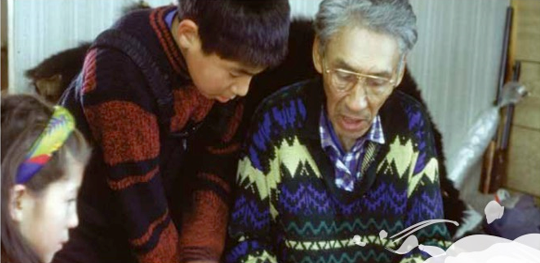4.6.1 A new understanding of environmental health

The health and well-being of Indigenous children and youth, communities and nations is intimately connected to the land and culture.1 Mainstream approaches to examining environmental health do not adequately consider this connectivity and the impacts of environmental change on the health of Indigenous peoples. In current research, policy and practice, social and environmental concerns are generally considered separately.2 Some would say this separation has been unhelpful, and perhaps even harmful, for Indigenous health and well-being.3
An emerging research, practice and policy approach to understanding these relationships is based on ecohealth, which examines the interconnections between ecological and social determinants of health. In this approach, the environment is not considered a ‘natural resource’ to be exploited, but rather the ecosystem is seen as a life source, echoing Indigenous knowledge, traditional ecological knowledge and teachings for sustainable living and management.1
1Parkes MW, de Leeuw S, Greenwood M. Warming up to the embodied context of First Nations child health: a critical intervention into and analysis of health and climate change research. International Public Health Journal 2010; 2(4):477-85.
2Parkes MW and the National Collaborating Centre on Aboriginal Health. 2011. Ecohealth and Aboriginal Health: Review of Common Ground.
3Greenwood ML, de Leeuw SN. Social determinants of health and the future well-being of Aboriginal children in Canada. Paediatrics & Child Health. 2012;17(7):381-384.
